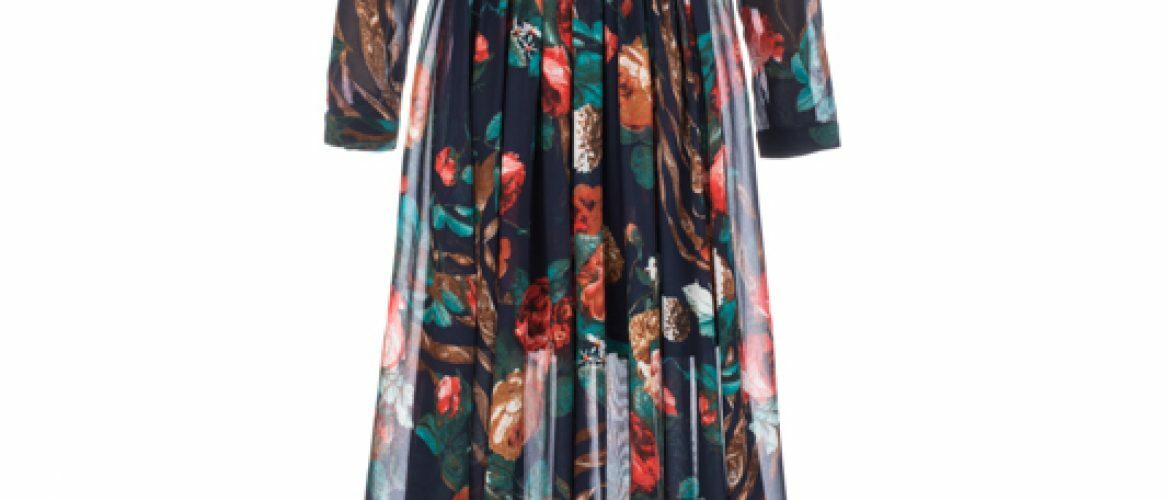
Shooting Transparent and Translucent Materials on Invisible Mannequins
We receive a number of enquiries about shooting translucent and transparent materials at Photography Firm and new clients often express dissatisfaction at the way their items have been represented in the past. With the explosion of the online marketplace for fashion, it’s imperative customers can clearly see what they’re ordering before it arrives on the doorstep, and certain materials present the photographer with new challenges. Although pipped to the post by ever-more-popular Ghost Portraiture (little tip: really high shutter speeds!!), convincingly shooting transparent materials on invisible mannequins is certainly up there in terms of difficulty. Nevertheless, we use a range of tried and tested techniques to ensure great results every time.
For quality and consistency, we light most invisible mannequin photography in a standard way, as detailed in a previous blog, but it’s sometimes necessary to enhance our photographic results a little to accentuate a garment’s transparent nature so it’s clear to see for any potential customer. This may be as simple as boosting contrast a little so the off-white appearance of the mannequin surface behind the translucent material more closely matches the negative space around the item, or it may involve more complex work, comping out visible clues to the mannequin’s presence or comping in unobstructed material from a different part of the garment. Frequently we use selection tools to mask intentional holes or areas where you would see straight through a material, so that we can fill these selections with pure white or comp in an element of the garment which would be visible at the rear, and, since our already expensive mannequins have not yet learned to float like those ghosts, there’s usually a metal stand to cut or comp out of the shot.
Different garments present different challenges, but our experienced in-house retouchers can communicate with the photographers to ensure they shoot what’s needed for the post-production magic to happen. This might involve flagging or increasing backlight for better definition or simply getting a second shot of a garment inside-out to capture reverse details needed for comping. Whatever the product requires, experience, a keen eye, a little common sense and some photoshop ninja skills guarantee fantastic, how-did-they-do-that? results every time.

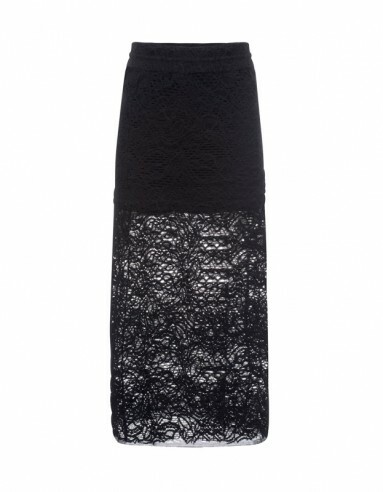
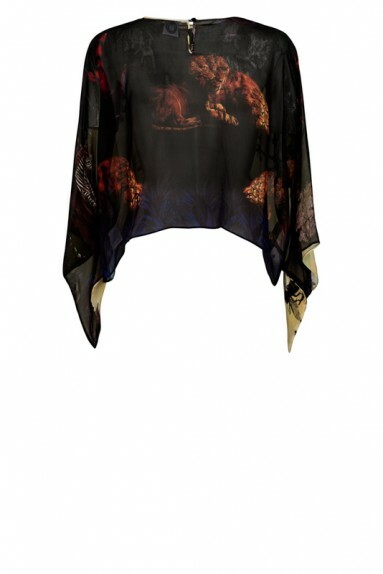
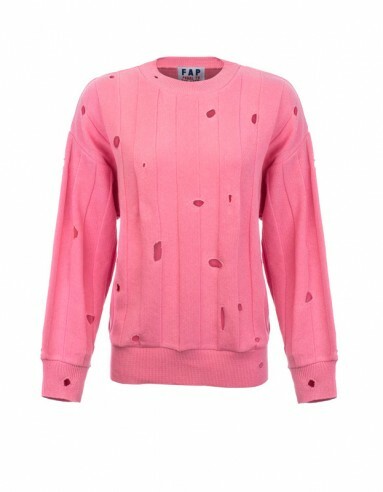
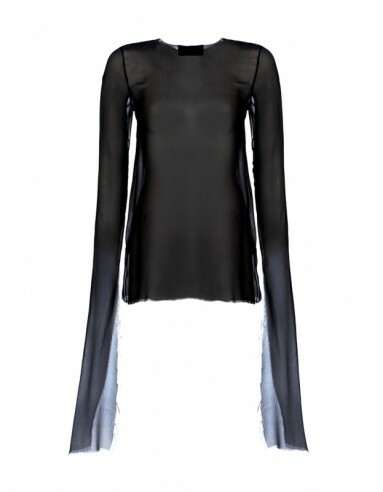
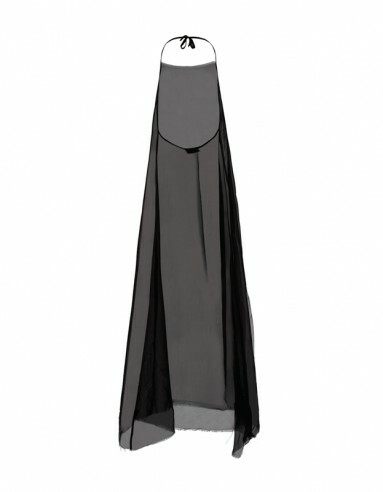
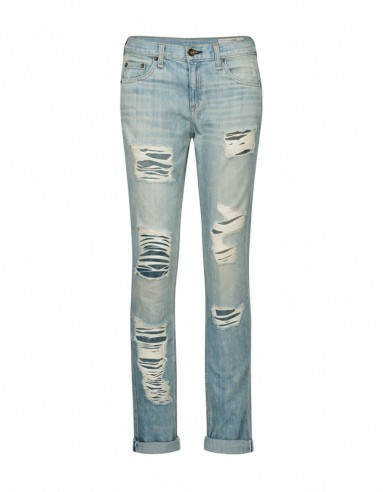
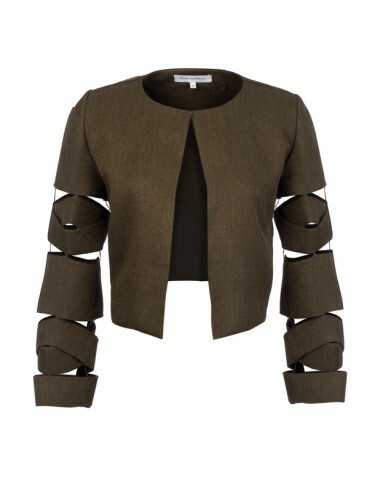
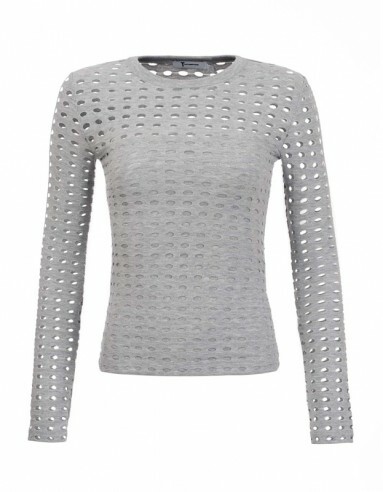
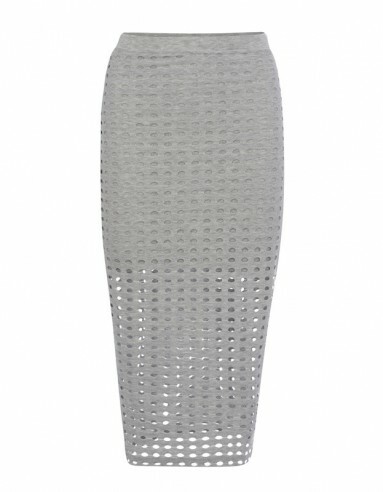
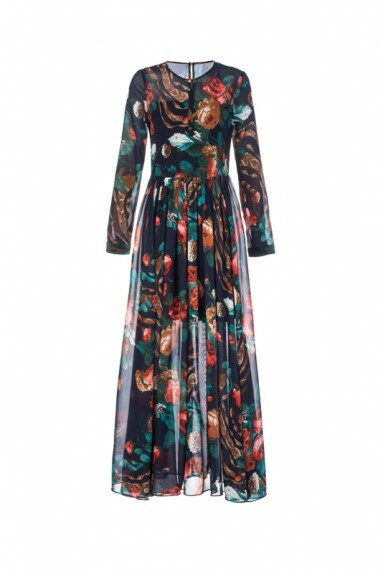
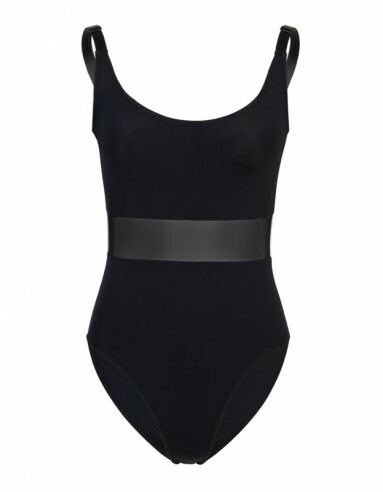
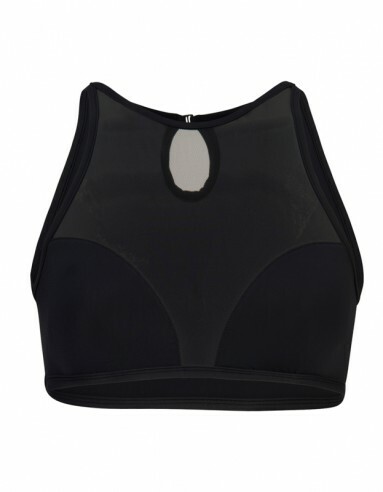
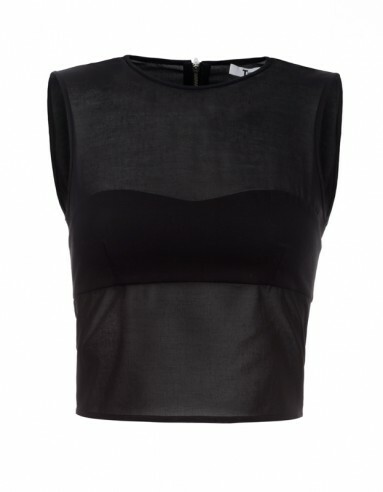
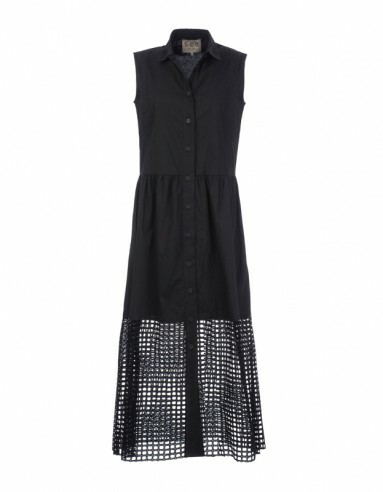
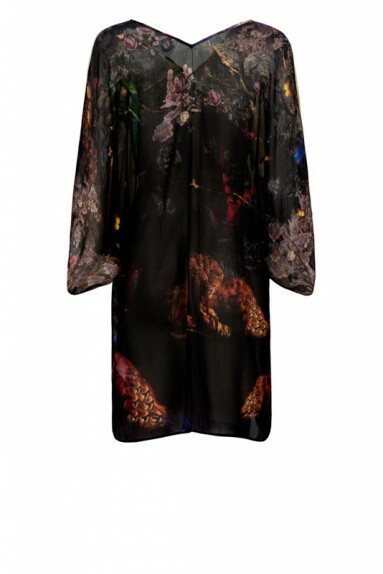
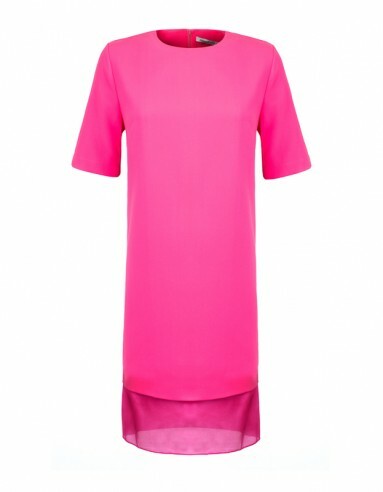
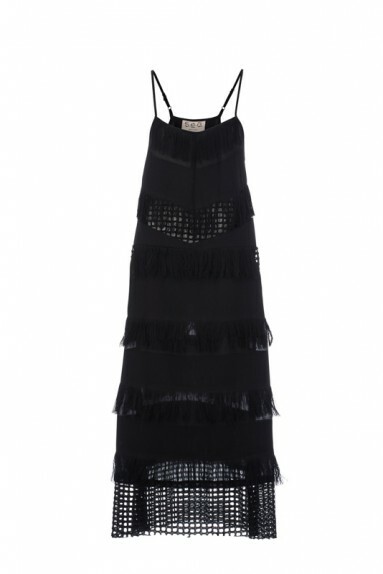
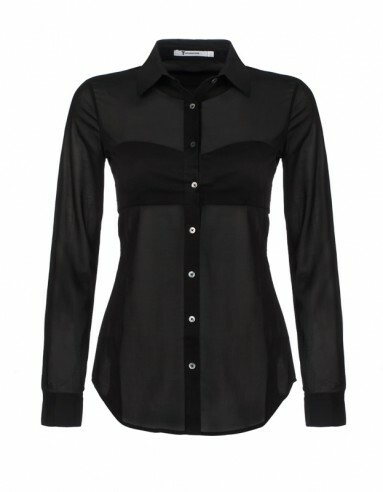
Thanks for your article. I am really impressed with it. You have edited the photos very nicely